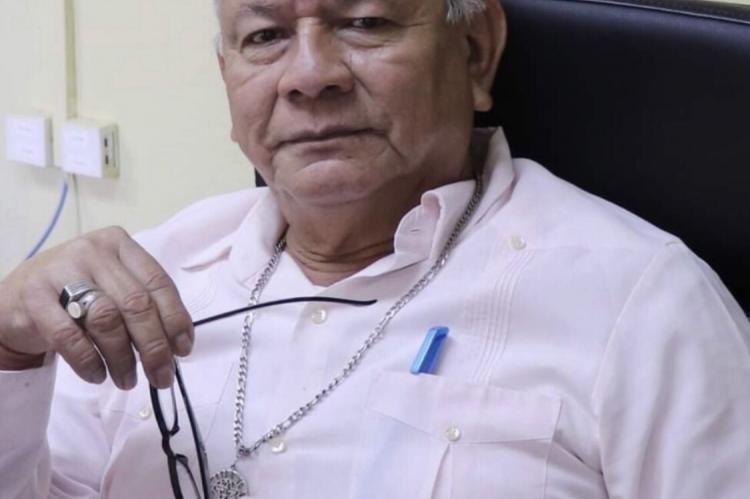… Addressing the Economic Downturn in Developing Countries: Challenges, Solutions, and the Role of International Organizations and Emerging Economies
By: NP Editor
Belize City, Thursday, 13th April 2023
The economic downturn has been a significant challenge for developing countries, which may lack the resources and infrastructure to weather the storm. This has resulted in high unemployment, reduced government revenues, and increased poverty and inequality. To address these challenges, several development plans, policies, and financial assistance options could be considered.
One of the ways to assist developing countries is through debt relief measures that would reduce their debt burden. This would give them more resources to allocate towards economic recovery and development. Another option is for governments to implement stimulus packages that would inject money into the economy, providing support to businesses and households. These packages could include measures such as tax cuts, subsidies, and increased government spending. Additionally, investing in infrastructure such as roads, bridges, and power plants could create jobs and improve the long-term competitiveness of the economy. Finally, providing support to small and medium-sized enterprises (SMEs) such as access to credit and business advice could help them weather the economic storm.
International organizations such as the World Bank and the IMF could play a significant role in providing financial assistance to developing countries during an economic downturn. They could offer loans and grants, as well as technical assistance to help countries implement policies and reforms that would promote economic recovery and sustainable growth. However, it is important to acknowledge that these organizations have been criticized in the past for their policies and practices, which some argue have contributed to the economic challenges faced by developing countries. Therefore, it is important for them to work towards ensuring that their policies and practices are more inclusive and equitable, prioritizing the needs and interests of the countries they serve.
The BRIC countries (Brazil, Russia, India, and China) are not immune to the challenges of the global economic climate. However, they represent a significant source of growth and investment for developing countries, and could play a role in supporting their economic recovery. China, in particular, could offer significant assistance to developing countries through providing loans and investments in infrastructure projects, as well as increasing trade and investment. However, it is crucial to ensure that these partnerships are structured in a way that is equitable and sustainable, prioritizing the needs and interests of the countries they serve.
In conclusion, addressing the economic downturn in developing countries requires a collaborative effort by various stakeholders. Debt relief measures, stimulus packages, infrastructure investments, and support for SMEs are some of the policies and plans that could help. International organizations such as the World Bank and the IMF could provide financial assistance, but it is important for them to prioritize the needs and interests of the countries they serve. The BRIC countries could also play a significant role in supporting economic recovery, but it is vital to ensure that these partnerships are structured in an equitable and sustainable manner.
- Log in to post comments

